E. coli: Causes, Symptoms, and Suggested Treatment
It's the kind of thing that makes you want to cook all your food in the oven and avoid anything that might make you sick. E-coli is nothing to mess around with, and while it might seem like something that only happens to "other people," it's important to be aware of the causes, symptoms, and treatment options in case you or someone you know ends up affected.
What Is E. Coli?
E. coli is commonly regarded as a type of bacteria that survives in the intestines of humans and animals. It's typically harmless, but there are certain strains of E. coli that can cause food poisoning, urinary tract infections, and other illnesses.
Symptoms of E. coli infection vary depending on the individual and the type of infection they have but may include diarrhea, vomiting, fever, and abdominal cramps. Severe cases can lead to kidney failure, seizures, and even death.
Causes of E. Coli Infections
You can get infected with E. coli when you eat food that's contaminated with the bacteria. This can happen when the food isn't cooked properly, or if it's washed or handled incorrectly.
Another common way to get infected is by swallowing water that's been contaminated with E. coli. This can happen when you're swimming, tubing, or rafting in a river or lake. It can also happen when you're using untreated water to brush your teeth, wash your face, or prepare food.
Symptoms and Diagnosis of E. Coli Infections
If you have an E-coli infection, the symptoms you experience will depend on which strain of the bacteria you have. Generally speaking, though, the most common symptoms are diarrhea, abdominal cramps, and vomiting.
If you suspect that you have an E-coli infection, the best thing to do is to see a doctor. He or she will be able to perform a diagnostic test to determine if you do have an E-coli infection. In some cases, your doctor may also order a stool culture to determine the specific strain of bacteria that is causing your infection.
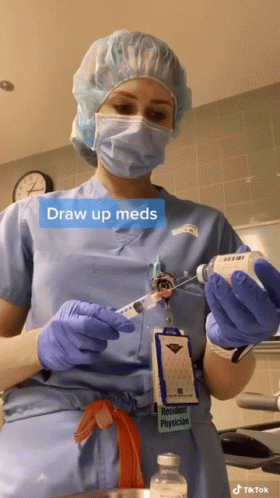
Treatment of E. Coli Infection
If you have an E. coli infection, the first thing you should do is drink plenty of fluids. This will help to replace the fluids that your body is losing because of diarrhea and vomiting. You should also try to eat small, frequent meals, and avoid fatty and spicy foods.
If your symptoms are severe, you may need to be hospitalized so that you can be given fluids through a drip. You may also be given antibiotics, but these are not usually recommended because they can increase the risk of developing complications such as haemolytic uraemic syndrome (HUS).
HUS is a serious condition that can occur in people of any age, but it is most common in children under the age of 5 and in older adults. Symptoms include pale skin, fatigue, bruising, and bleeding from the nose or gums. When the case of E. coli is very severe, there's every tendency that it could lead to kidney failure and sometimes death.
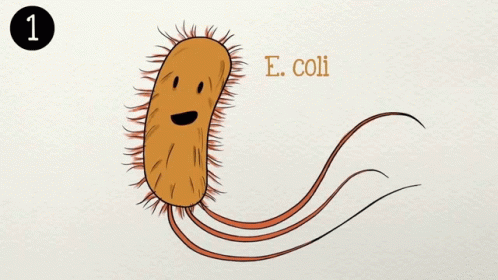
Prevention of E. Coli Infection
The best way to prevent an E. coli infection is to practice good hygiene and cook meat properly. Other preventive measures are mentioned below:
Wash your hands thoroughly with soap and water, especially after contact with animals or animal feces.
Avoid raw milk, unpasteurized dairy products, and juice.
Wash fruits and vegetables thoroughly.
Cook meat properly. Ground beef should be cooked to an internal temperature of 160°F, while steak and roasts should be cooked to an internal temperature of 145°F.
Avoid cross-contamination in your kitchen by keeping raw meat separate from other food, using separate cutting boards, and washing all utensils and surfaces thoroughly after contact with raw meat.
Conclusion
So, what should you do if you think you have E. coli? Well, the most important thing is to see a doctor immediately. E-coli can be very dangerous, and it's important to get treatment as soon as possible.
If you really want to help yourself free from E. coli, you need to drink plenty of fluids and try to eat light and bland foods. If you're feeling really sick, you may need to go to the hospital for treatment.
Sources:
https://www.medindia.net/patientinfo/e-coli-infection.htm
https://www.cdc.gov/foodsafety/communication/ecoli-and-food-safety.html
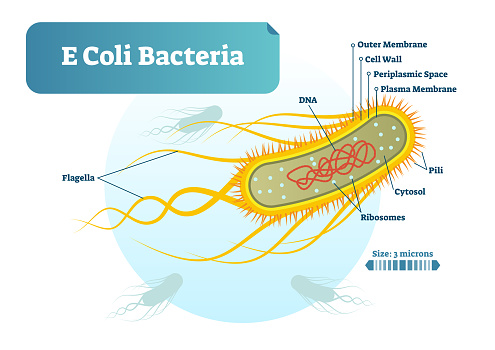
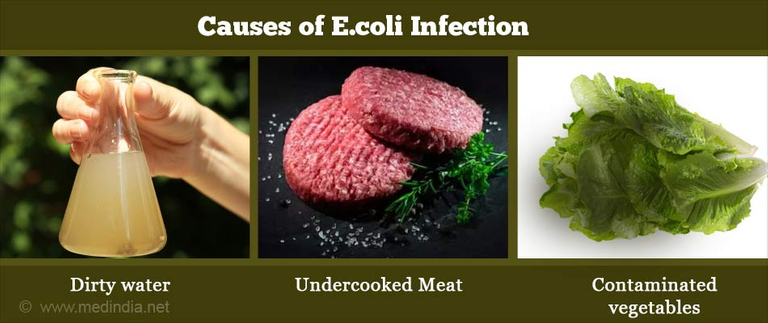
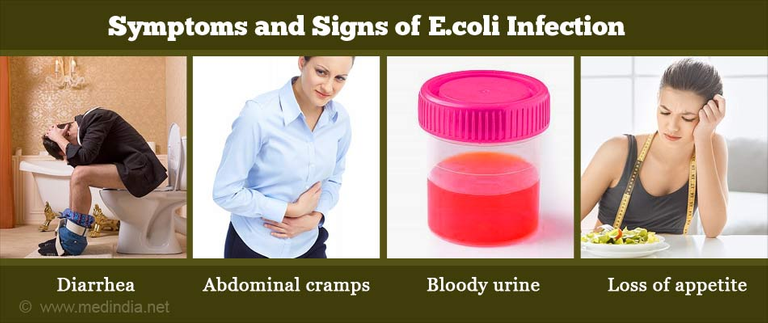
This bacteria is all around! Like you said, harmless in most of times
!1UP
Research believes that there are E. Coli strains that seem to be harmless while some of the stains of E. coli O157:H7 could be very dangerous to the body. In general, none of them should be overlooked.
You have received a 1UP from @gwajnberg!
@bee-curator, @stem-curator, @neoxag-curator, @pal-curator
And they will bring !PIZZA 🍕.
Learn more about our delegation service to earn daily rewards. Join the Cartel on Discord.
I gifted $PIZZA slices here:
@curation-cartel(4/20) tipped @apunawu (x1)
Please vote for pizza.witness!